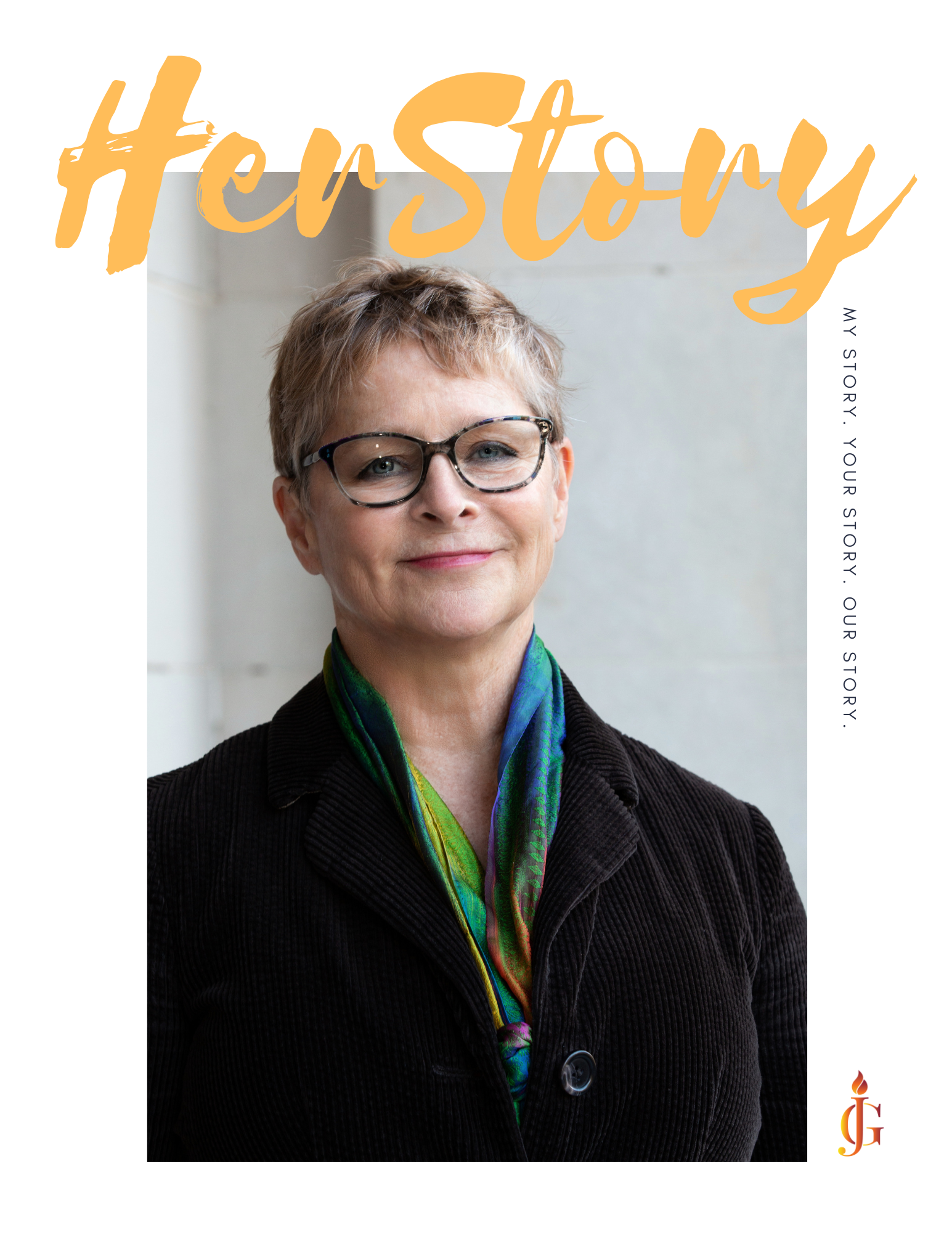
27 Oct HERStory: Janine Latus
Meet Janine Latus, an author, speaker and survivor of Domestic Violence.
Can you tell us about your background and growing up?
I grew up in Michigan in a family of seven. My mother stuck at home with us because, at the time, women couldn’t get credit cards or mortgages in their names, there was no birth control (that my father was willing to use), and the idea of women – let alone mothers! – working outside the home was still somewhat outrageous. My father was unreliable and belittling, and I left home while in high school, renting a “garden view” (half underground) apartment with another high school student and working two jobs to cover my bills.
What events in your life can you share that led you to be a speaker on sexual assault and abuse?
There’s a saying, “Can a fish see water?” When you’re immersed in something – the intermittent reinforcement of heady love and humiliation, for example – it’s hard to see it for what it is. Coercive control is insidious. It can seem like love. And it’s a secret. It stays in the home. It’s a private family matter. I couldn’t see it in my own life, but I could see it in my sister’s, and she could see it in mine, but we didn’t talk about it. Then she was murdered, and my recognition of the controlling behavior in my own life began to click into place.
I didn’t save Amy. So, I wrote a book and began giving speeches to save other Amys. Because the idea that what happens in the home stays in the home got my sister killed.
Can you share the red flags you noticed throughout your family history?
People call them red flags, but who wouldn’t see a red flag? Instead, abuse is a series of insidious, controlling behaviors that take away the victim’s autonomy and self-respect. Much of what was modeled in the era of my upbringing was an imbalance of power; the man out in the world earning a paycheck and respect, the woman at home caring for an uncontrolled number of children, providing free labor in support of her husband’s career, afraid or unable to leave regardless of how she was treated because there was no way for her to support herself and her children. My mother came to believe that she was a terrible singer, that she couldn’t take photographs, that she couldn’t find her way out of a paper bag. My father built himself up by putting others down, and I thought that was what love looked like. He also sexualized absolutely everything with a proprietary and degrading air. Constantly.
Can you share how people should have the conversation about intimate partner abuse?
There’s no tidy template for a good conversation about intimate partner abuse. Even so, it’s important to have it. Repeatedly. If you tough-love it — “Stay w/that bozo, and I’m out of here!” — you participate in the victim’s isolation. Better to say, “I see what your partner is doing to you, and I see how demoralized you feel. I want you to know it’s real, you’re not imagining it, you’re not over-reacting, and you don’t deserve it. Here are some resources. If you stay, I’m here. If you leave, I’m here. You are not alone.” Many victims have been persuaded that the only person who will ever love them is the abuser, so their choices seem to be staying with that person or being utterly alone, which is frightening. It helps if you make it clear that the victim has support and won’t be alone. Keep in mind that the victim may withdraw once you have pointed out the truth. It’s embarrassing, and it’s particularly hard if the victim isn’t ready to leave. But stay present, making it clear that you’re willing to listen whenever they’re willing to talk.
Can you tell us about ‘Sleeping Around’ and your experience of freedom?
‘Sleeping Around’ was my joking way of referencing the year-plus I spent housesitting around the country, trying to choose where to live. I met fabulous people, saw things I would not have otherwise, and consciously chose where to put down roots. The freedom was fun, but I learned that I very much value community, so I’ve built that where I live now.
Any advice you’d like to give to other women reading this that could be struggling with sexual assault abuse or trauma?
My advice to women struggling with the after-effects of abuse is to take a sabbatical from dating and spend that time figuring out your own likes and preferences without the compromise and sacrifice necessary to be in a relationship. Gather friends, spread your love out among good people, and create your own community. Then, when you’re feeling solidly authentic, consider seeking a new partner who is also whole and happy. Our culture pushes us to always be partnered but being alone is healthy, too.
Anything else you’d like to share?
If anyone knows of an organization that could use an effective speaker on intimate partner violence, reach out. www.janinelatus.com
We thank you, Janine, for sharing your story with us.
We want to hear your story. Help us empower other women by sharing your story. https://herstorypoetry.wordpress.com/submit-your-story/

No Comments